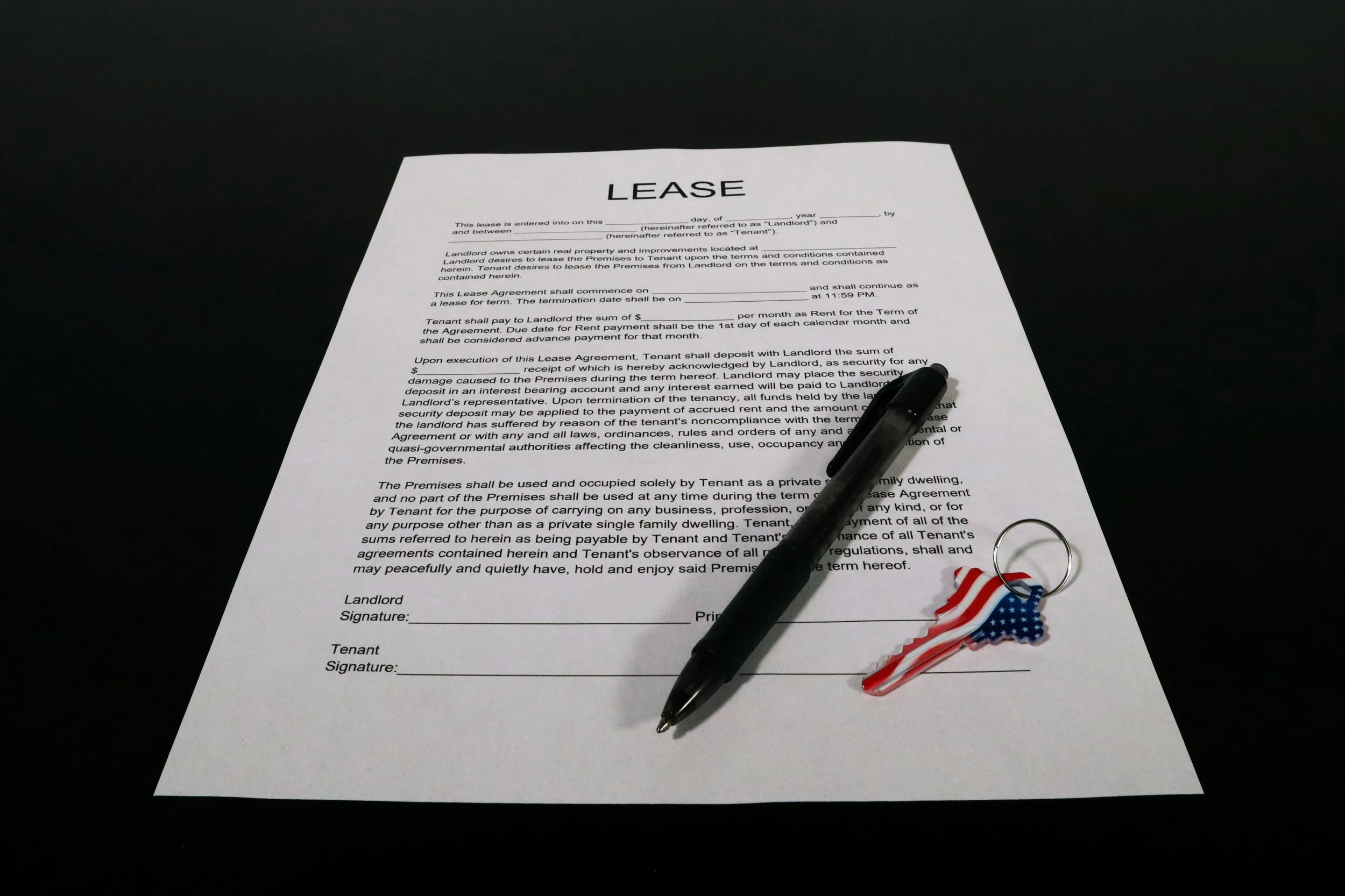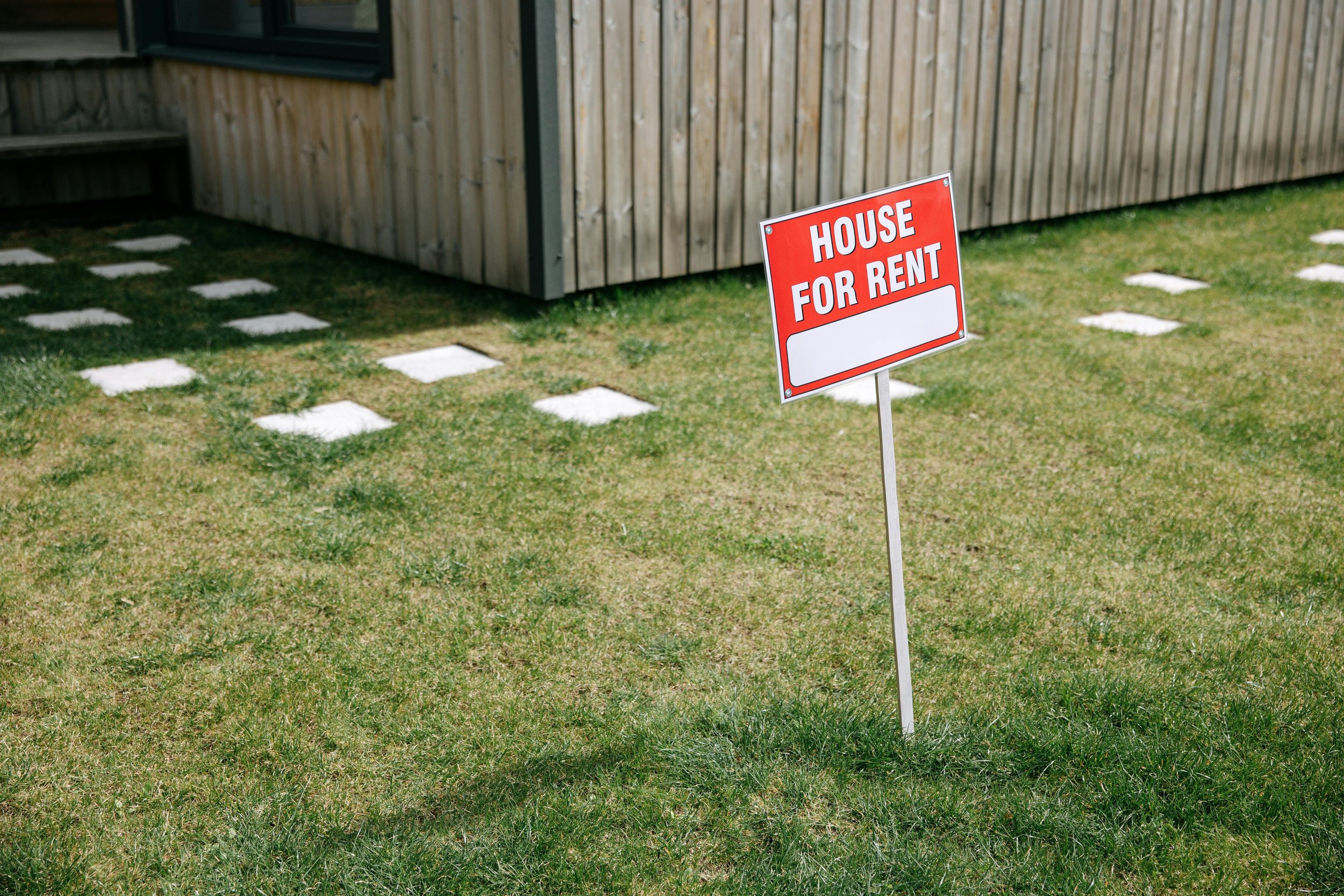From Tenant to Homeowner: Step-by-Step Guide to Buying
Making the transition from renting to owning a home is an exciting milestone, but it can also feel overwhelming. Between saving for a down payment, understanding mortgage options, and navigating the home-buying process, many renters hesitate to take the leap.
With careful planning and clear steps, moving from tenant to homeowner can be smooth and achievable. This guide breaks down the key stages you need to consider so you can confidently start building equity and a place to truly call your own.
Assess Your Financial Readiness
Before you start house hunting, it’s essential to evaluate your finances. Consider your savings, credit score, and current debt. A strong financial foundation increases your chances of securing a favorable mortgage rate and makes homeownership sustainable.
Additionally, calculate your budget for monthly mortgage payments, property taxes, insurance, and maintenance. Understanding your financial limits early prevents surprises later and ensures you’re buying a home you can comfortably afford.
Save for Your Down Payment and Closing Costs
One of the biggest hurdles for renters is accumulating the upfront funds needed to buy a home. Down payments typically range from 3% to 20% of the purchase price, depending on loan type, while closing costs can add thousands more.
Create a clear savings plan, and consider strategies such as automatic transfers to a dedicated account or cutting non-essential expenses. Every dollar saved moves you closer to turning your rent payments into home equity instead.
Understand Mortgage Options
Choosing the right mortgage is critical. Fixed-rate loans provide predictable monthly payments, while adjustable-rate mortgages may offer lower initial rates but come with long-term risk. First-time buyer programs and incentives can also reduce costs and make homeownership more accessible.
Take the time to compare lenders, loan terms, and rates. Being informed ensures you select the mortgage that aligns with your financial situation and long-term goals, setting you up for success.
Start House Hunting Strategically
Once your finances are in order, begin your home search with clear priorities. Consider location, commute, school districts, and future resale value. Work with a trusted real estate agent who can guide you through listings, viewings, and negotiations.
Be realistic about your needs versus wants. A smaller, well-located home may be a better financial choice than a larger property that stretches your budget. Strategic decisions early on make the buying process smoother and more cost-effective.
Close the Deal and Move Into Your New Home
After finding the right home and securing financing, you’ll enter the closing process. This includes inspections, finalizing your mortgage, and signing paperwork. While the process can feel complex, staying organized and asking questions ensures nothing is overlooked.
Once the keys are in your hand, you’ve officially made the leap from tenant to homeowner. Now, you can enjoy stability, build equity, and make your home a space that reflects your personality and long-term goals.




